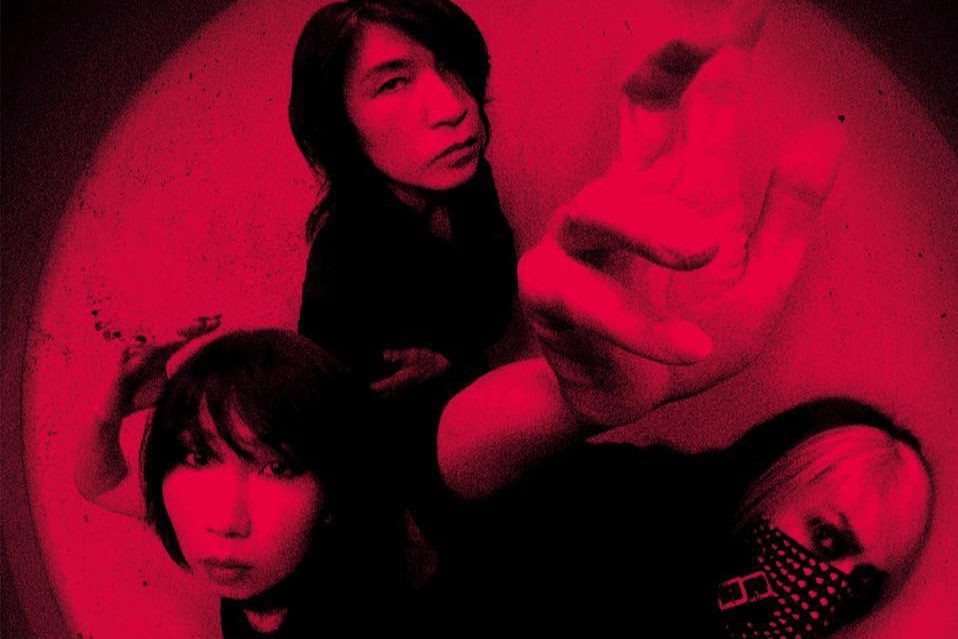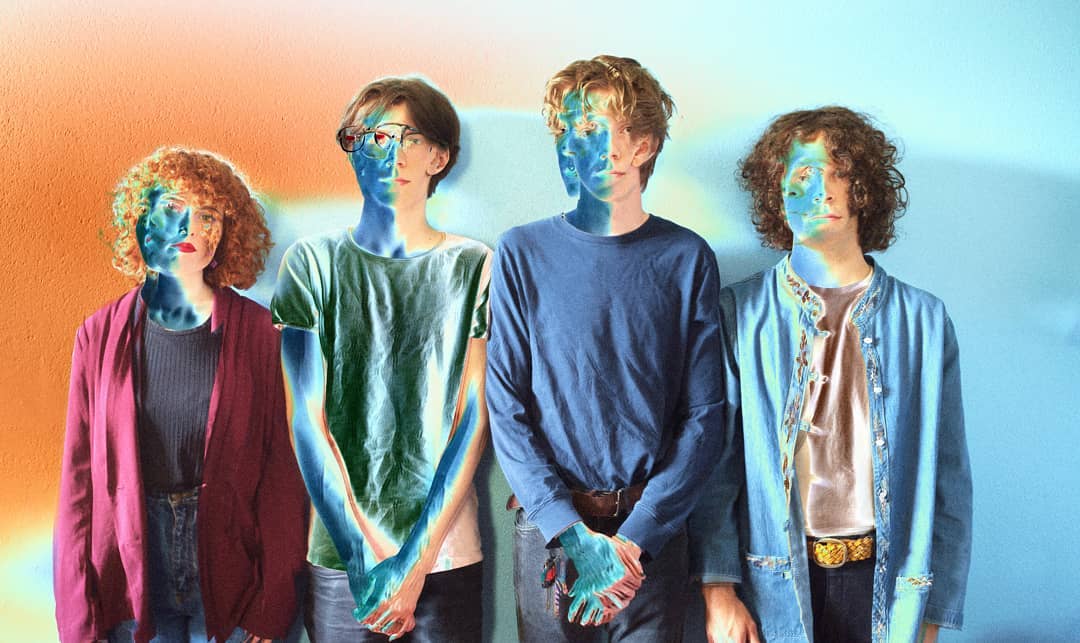

The latest album from Tokyo-based experimental rock band Boris is simply titled NO, a word that sums up the ethos of the metal aesthetic that pervades it, as well as the sentiments behind the songs. With the coronavirus pandemic leading members Takeshi, Wata, and Atsuo to question everything about their culture, they decided to create an album dedicated to the theme of skepticism and societal subversion, and independently released it via Bandcamp earlier this month.
“We’d observe the different events, news, people’s words, actions,” Takeshi told Audiofemme through translator Kasumi Billington. “Those directly impacted us. In these kinds of critical situations, culture always loses power and is even left behind. What can we do as artists? What do we do? What kind of music can be played in any situation, and can be delivered? The production proceeded as we questioned these types of doubts.”
The word “no” is meant to express rejection of the societal mores and ideals one grows up with — an idea expressed in the song “Non Blood Lore,” a term the band created for mythologies and ideologies stemming from wider culture rather than family.
“We’re always slaves to our unconscious,” Takeshi explains. “We accept what we see and hear without questioning, we interpret things conveniently, and we become paralyzed by unreasonable things. We eventually forget what it means, and even forget how to think. It’s an abominable system. We unconsciously decide everything and follow it. The first step to getting free will is to deny your unconscious thoughts. We point with NO toward that system: ‘What did I feel? Did I think this myself? Did I choose to, and take action myself?’ We get to live by questioning and denying yourself first.”
The need to think for oneself is even more important in today’s political climate, where people are bombarded with information and ideas online and in the media, he adds. “People are chased by various anxieties, fear, doubts, and hatred, turning into chaos. In that situation, rather than blindly following the information, we need to think and judge for ourselves. The answer is not given; you must derive your own.”
This is why the band decided not to publish the lyrics for NO. “Our work doesn’t give answers to the listeners, but we’d rather it become material such as values and aesthetic sense that guides you to the answer,” says Takeshi.
The 11-track collection includes a variety of experimental sounds falling within multiple genres. The opening track, “Genesis,” exudes a doom metal style, with strong, ominous, sometimes discordant guitar riffs and drums that repeat and gradually speed up. Other songs on the LP, like “Anti-Gone,” “Non Blood Lore,” and “Temple of Hatred,” follow more of a punk aesthetic, with dramatic guitar and shouting vocals. “Lust” spotlights the band’s use of electronic effects, with almost drowned-out vocals.
Boris also recorded a cover of Japanese hardcore punk band Gudon’s “Fundamental Error” after the band’s ex-bassist Guy came to a show of theirs in Hiroshima. This was exciting for Takeshi, as Outo was a favorite hardcore punk band of his as a teen.
Finally, the album closes with “Interlude,” where Wata almost whispers against dark, mellow synths and slow-paced cymbals. The track’s title suggests that the end of NO is merely a transition into more music to come.
Based on the band’s history, there very likely is. Boris has been releasing music since 1996, and NO marks their 27th album, not counting albums recorded in collaboration with others, which include Japanese noise artist Merzbow, Seattle black metal duo Sunn O))), The Cult frontman Ian Astbury, and Japanese noise metal band Endon. Currently, Takeshi plays guitar and bass, Wata does guitar and Echo, Atsuo is in charge of percussion and electronics, and all three contribute vocals.
Despite its message of rebellion and resistance, NO is ultimately intended to unite a world that’s physically divided. Takeshi hopes it can help people make something good out of the negativity currently in the atmosphere and validate people’s emotions, the way hardcore and thrash metal did for him when he was younger.
“In this current messed up world, people have sunk in hatred and sorrow,” he says. “We hope that for those who listen to this album, their negative feelings reflect like a mirror, and reflect in another direction into something positive. That’s the possibility that extreme music has.”
It sounds heady, but the band practices what they preach. With their planned two-month U.S. tour canceled, Boris is in the process of recording about four albums’ worth of music at the moment – a positive, healing process born of a negative situation. “All we can do is create,” says Takeshi. “Artists must all be in a similar situation. We’re hoping that from this adversity, we can create great music.”
Follow Boris on Facebook, Instagram and Twitter for ongoing updates.




